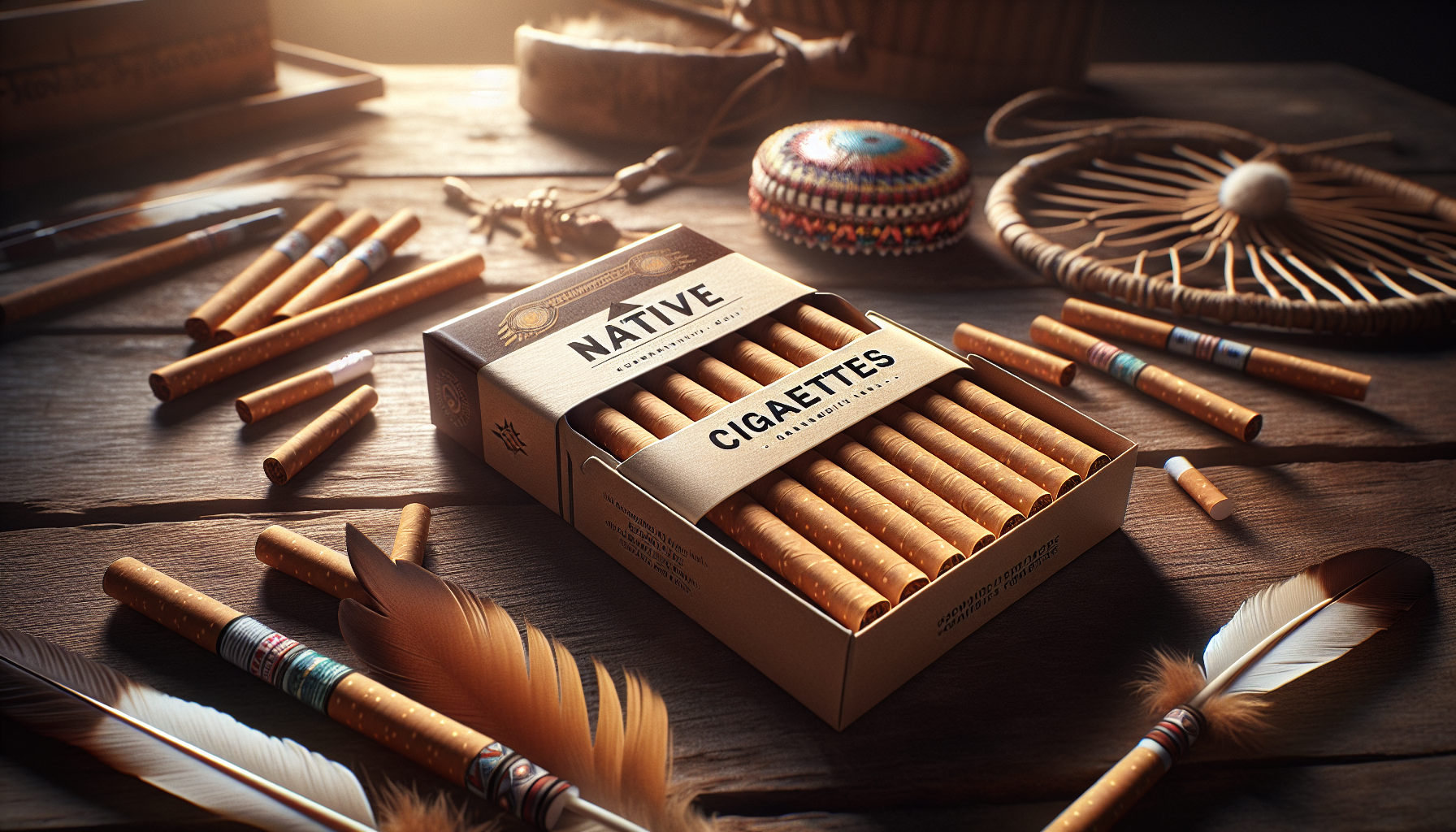
Native cigarettes have been a part of Native American culture for centuries. These cigarettes, also known as “Indian” or “American Indian” cigarettes, are made from natural tobacco and are considered to be a sacred tradition among many Native American tribes. However, in recent years, these cigarettes have gained attention and controversy due to their tax-free status and availability in mainstream markets.
Contents
The History of Native Cigarettes
The history of Native cigarettes dates back to pre-colonial times when tobacco was first introduced to Native Americans by European explorers. Tobacco quickly became an important part of spiritual ceremonies and cultural traditions for many tribes. The use of tobacco was seen as a way to connect with the spirits and ancestors.
You can see more at Mohawksmoke.com
As the popularity of tobacco grew, so did the production and trade of it among different tribes. Each tribe had its own unique way of growing and preparing tobacco for smoking. However, with the arrival of colonists and their commercialized tobacco industry, traditional methods were replaced with mass production.
Discover Native Cigarettes
Today, Native cigarettes are still produced using traditional methods by many tribes across North America. These cigarettes are made from natural tobacco without any additives or chemicals added during production.
One notable difference between traditional native-made cigarettes and commercial brands is that native-made cigarettes do not contain filters. This is because filters are seen as interfering with the spiritual connection between the smoker and nature.
Native American communities hold these traditional practices in high regard as they represent their cultural identity and heritage. As such, many tribes have created their own regulations for producing native-made cigarettes to ensure they maintain their authenticity.
Natural Tobacco
One major selling point for native-made cigarettes is that they are made from natural tobacco without any added chemicals or additives. This makes them a popular choice for those looking for a more natural smoking experience.
Tax-Free Status

Another factor that has contributed to the popularity of native cigarettes is their tax-free status. Due to their production on sovereign land, these cigarettes are not subject to state and federal taxes, making them significantly cheaper than commercial brands.
However, this tax-free status has also been a source of controversy as it has led to conflicts with state and federal governments. Some argue that this creates an unfair advantage for native-made cigarettes in the market.
Availability
Native cigarettes were originally only available within Native American communities. However, in recent years they have become more widely available in mainstream markets. This has sparked debates about cultural appropriation and exploitation of Native American traditions for profit.
Pros / Cons
Pros:
– Made from natural tobacco without additives or chemicals
– Cheaper due to tax-free status
– Supports Native American communities and their traditional practices
Cons:
– Controversy over tax-free status and availability outside of Native American communities
– Some may view the use of traditional practices for profit as cultural appropriation
FAQ

Q: Are native-made cigarettes legal?
A: Yes, native-made cigarettes are legal as they are produced on sovereign land.
Q: How much cheaper are native-made cigarettes compared to commercial brands?
A: The price difference varies depending on location and brand, but they can be significantly cheaper due to their tax-free status.
Q: Can anyone purchase native-made cigarettes?
A: Yes, these cigarettes are available for purchase by anyone over the legal age limit in the respective state or country.
In conclusion, Native Cigarettes hold a significant cultural importance among many Native American tribes. They represent centuries-old traditions and provide a connection with nature and spirituality. However, their availability outside of Native American communities and controversies surrounding their tax-free status have brought attention to the exploitation of these traditions for profit. Whether you choose to smoke native-made cigarettes or not, it is important to respect and acknowledge their cultural significance and the communities behind their production.